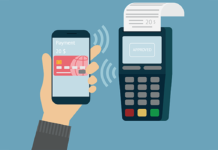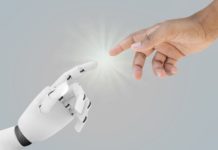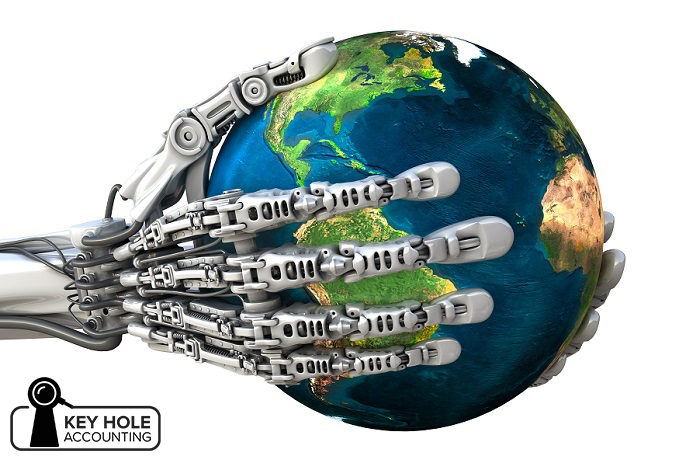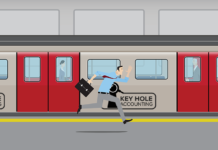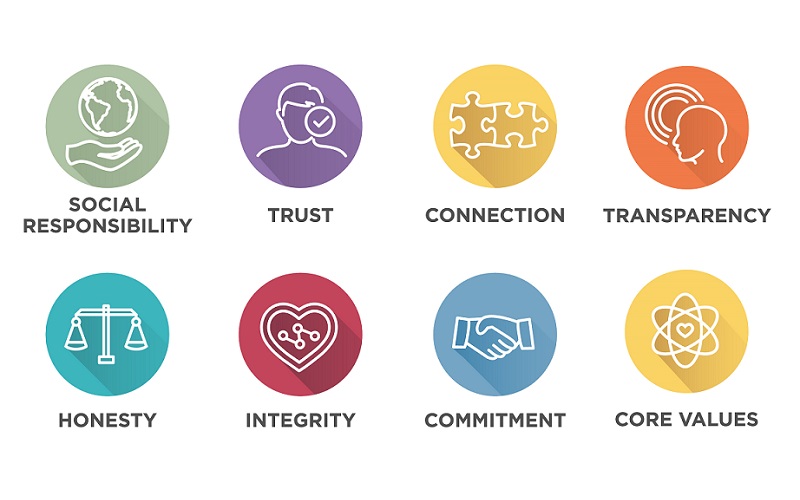What will the future look like? That’s a thought that’s crossed the minds of each and every one of us – usually while daydreaming at work on a Friday afternoon. Are we going to have a case of ‘I, Robot’ where all the new pieces of technology join forces and decide us humans are no longer needed? Or will we have our very own C-3POs catering to all of our needs: tying our shoelaces, brushing our teeth… okay, a little too far? Whatever the outcome, is it going to be a positive one for accountants?
If you’re interested in a career in accounting, you may have heard about one rather particular issue currently facing accountants: robots are taking over. Well, not friendly ‘WALL.E’ or Roomba-type figures, but many accounting processes are now prime targets for robotic automation. Just like how ‘going online’ changed banking forever, the introduction of automation has transformed the accounting profession.
Business Owners Comforted with Clouds
The use of automation in the accounting sector is likely to result in many changes. The old fashioned method of bookkeepers completing manual entries have been canned. These reporting tasks can now be carried out by ‘robots’ in the form of cloud accounting software. Automation, therefore, could result in a reduced headcount for some companies – allowing business owners to cut costs.
However, automation is not just about chucking chumps; on the flip side, as robotic automation takes hold of the sector, new jobs could be created, predicts eFinancialCareers. They will just be different to the jobs people expected to find after graduating from an accounting course five to ten years ago. eFinancialCareers believe that “We will see a shift in jobs, but we won’t see fewer jobs.” It’s important to bear in mind that there’s no way to stop jobs (in any sector) evolving over time – we just have to make it our business to adapt to evolving technologies and the opportunities that arise because of them.
The use of automation could allow an employee to move from a bookkeeping role (as it’s replaced by a ‘robot’ or automated process) to a managerial one where they can help guide management strategically. It is difficult, however, to say which business owners will choose to cut costs through adopting automation and which will opt to have more resources focused on keeping their people power.
What Will Automation Mean for Today’s Accountants?
Aspiring accountants need not fear the latest advances in technology. Automation can, in fact, make accountants’ lives easier. Modern accounting systems which use cloud technology can cut your workload in half as data entry processes become automated. Although these ‘robots’ may encounter ‘systems failures’ on occasion, they are faster and less risky than counting on humans (pun intended) – meaning more free time for you to utilise elsewhere, and the chance of making an error is reduced.
As previously noted, in terms of jobs, the robot ‘takeover’ could free up those in recordkeeping roles. Business owners can ask these employees to adopt new responsibilities (and we bet they’d be less repetitive, too). Robotic automation may also create different kinds of positions within a business, and those looking to learn new skills (getting to grips with cloud accounting, for example) will be sought after by companies – specialised skills are now prioritised. The change may “impact you negatively” however, if you aren’t open to picking up new abilities, eFinancialCareers reports. In the end, automation is likely to lead those of us willing to adapt into a positive and prosperous future and leave the dinosaurs among us waiting for their inevitable extinction.
You Can Create Your Robots, but Accountants are Here to Stay
It’s important to face facts and not bury your head in the sand – automation is here to stay. Therefore it is important for budding accountants and those already working in the sector to be aware of the changes automation has brought and will bring. The fact of the matter is, technology will always develop, and we have to be ready for it. Rather than feeling threatened by robotic automation, individuals need to focus on how to direct them and become part of this brave new world. Automated processes are able to deliver raw facts and calculations fast; but how that data is gathered and interpreted still requires skilled accountants. These are the questions you want to be asking yourself – not ‘is automation the end of accounting?’ (It’s not by the way…)
Excited by new technologies and want to progress into the accounting industry? An AAT qualification might be just the thing you need. Get in touch with Aspiring Accountants today to discuss your options.
For more accounting news, views and career advice, subscribe to the Aspiring Accountants Newsletter.







